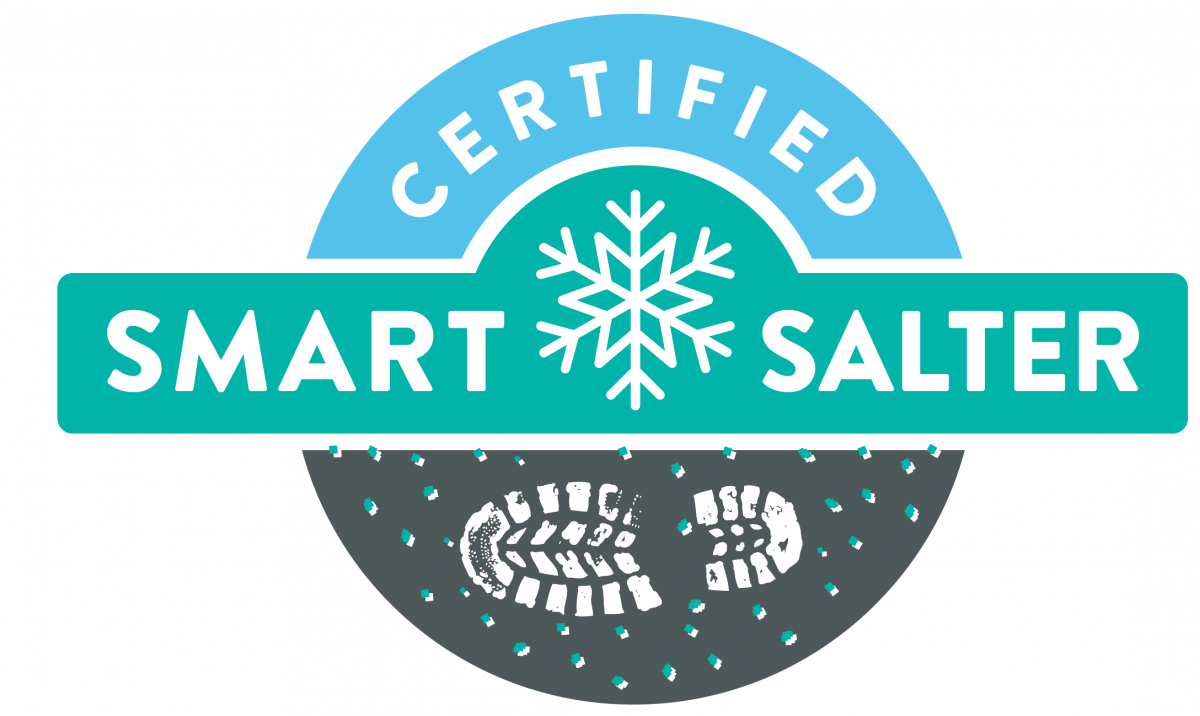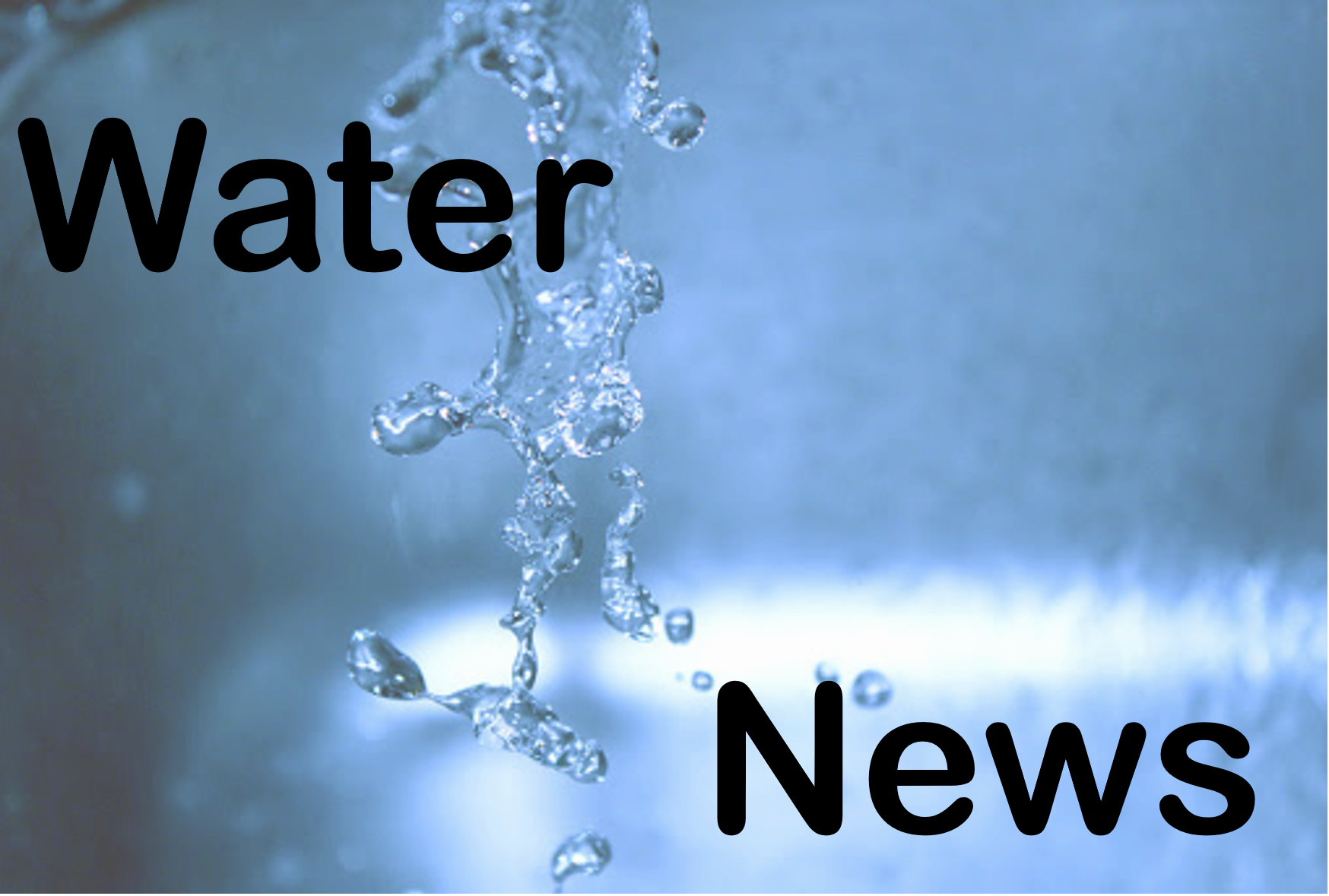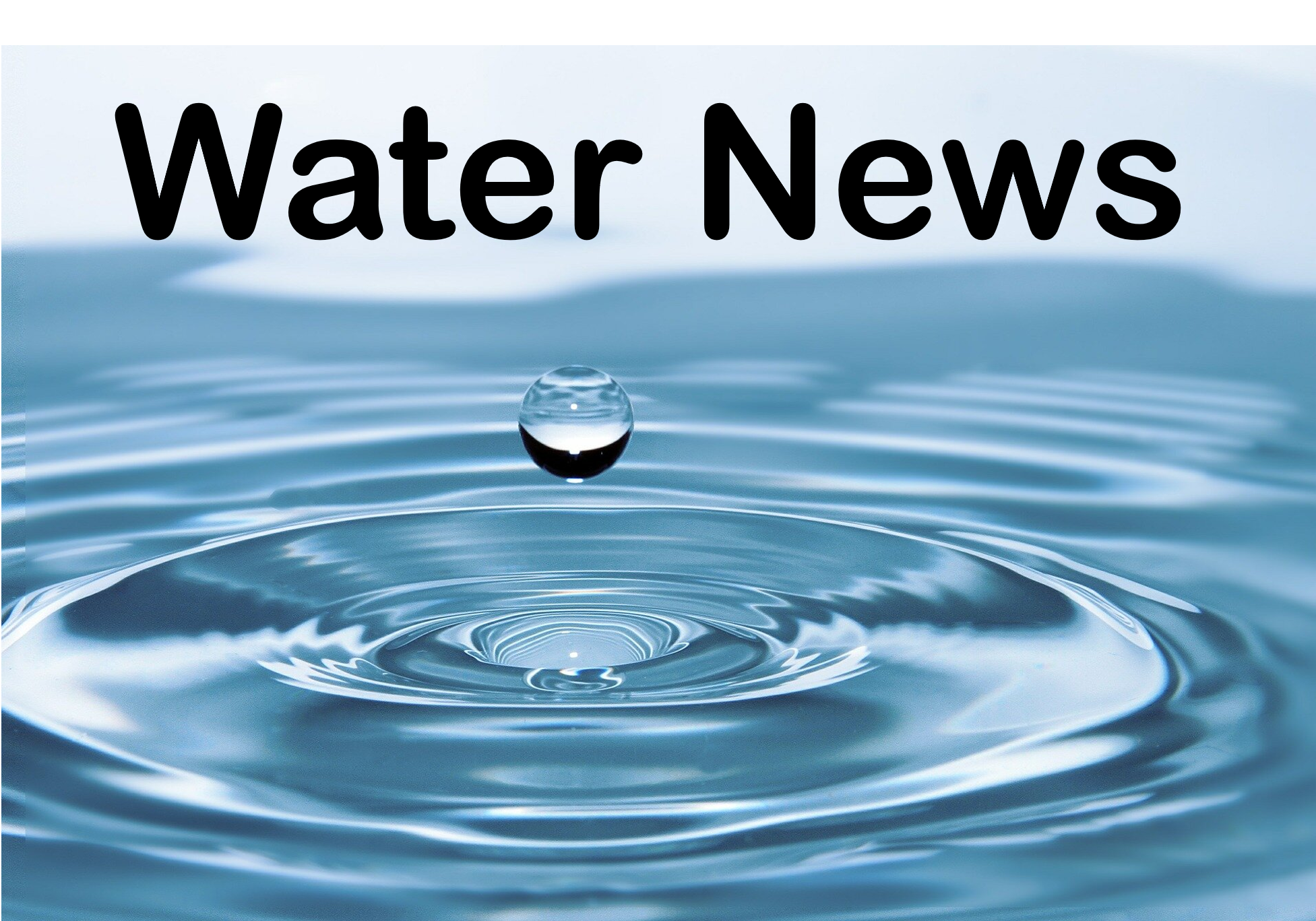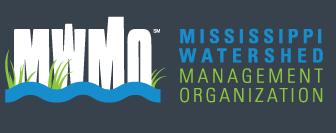The Minnesota Pollution Control Agency (MPCA) has announced a new type of Smart Salting training, this time for local leaders. In the 90-minute workshop, local decision makers will learn about the impacts of chloride and specific action steps for policy changes that reduce salt pollution in communities. The MPCA also announced upcoming sessions for Parking Lots & Sidewalks, Property Management, and Roads for this spring. Keep reading for details!
Below you will find the dates for upcoming Smart Salting trainings, as well as the intended audience for each type of training and registration link(s). For more information about a particular training, click the registration link for the one you are interested in. For more information about Smart Salting trainings in general, as well as information about how to meet your chloride requirements in the 2020 MS4 permit, check out the bulletin published by the MPCA.
NEW Smart Salting for Local Leaders Workshop
Who:
- City council members and other elected officials
- Members of sustainability and environmental commissions
- Board members of housing associations, neighborhood associations, or watershed districts
- Other local decision makers
When: Monday, March 7th (click here to register)
Smart Salting for Parking Lots & Sidewalks
Who:
- Hands-on public or private winter maintenance staff (e.g., staff at parks, hospitals, or schools)
- Private winter maintenance contractors and staff
- Those who hire or supervise winter maintenance staff
When: Thursday, March 24th (click here to register)
Smart Salting for Property Management
Who:
- Management-level property managers
- Public and private property owners and managers
- Environmental professionals
- MS4 permit staff
- Public works directors
- Those who hire or supervise winter maintenance staff
When: Tuesday, April 19th (click here to register)
Smart Salting for Roads
Who:
- City, county, or state plow drivers
- Private winter maintenance contractors and staff
- Those who hire out or supervise winter maintenance professionals
When:
- Wednesday, March 16th (click here to register)
- Tuesday, April 12th (click here to register)
Smart Salting Video
Check out the video below to hear from winter maintenance professionals that continue to maintain a high level of service, but are using less salt as a result of their training!




 February 28th, 2022
February 28th, 2022  knowtheflow
knowtheflow 






